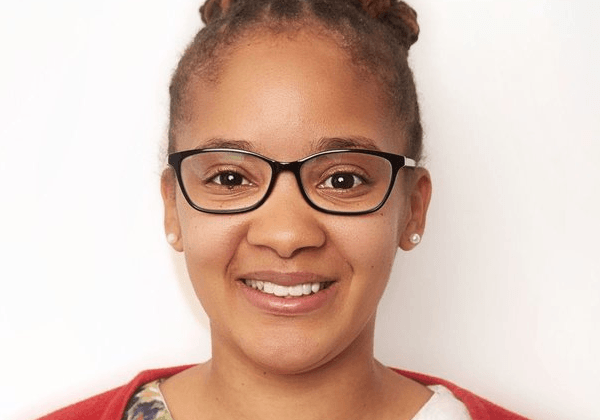Samantha-Kaye Johnston
Biography
Dr. Samantha-Kaye Johnston is a Research Officer and a Teaching Associate at The University of Oxford and Monash University, respectively. Formally educated in psychology and education, Samantha has spoken in middle, low- and high-income countries on her reading development research. For her work in academia, she was nominated for the 2019 Prime Minister’s Youth Award.
Scaling the identification and remediation of reading difficulties: A dynamic automatic speech recognition approach
In an era where education dictates opportunity, reading development research must urgently support all learners to realise reading excellence. The proposed research aims to dynamically identify reading difficulties, including appropriate interventions, supported by automatic speech recognition. This aligns with the United Nation’s 4th Sustainable Development Global Goal, which is to ensure inclusive and equitable quality education for all by 2030.
The 2019 Programme for International Student Assessment results show that reading improvement continues to be an area requiring urgent attention. This is important since poor reading skills, including delayed reading, have negative consequences for subsequent schooling and life outcomes. A fundamental aspect of remediating children who are at risk of reading difficulties is early identification and subsequent interventions. A prerequisite of early and effective identification relies on the accessibility to assessments that are reliable with high levels of (predictive) validity (how well an assessment predicts the presence of a reading difficulty), sensitivity (how well an assessment accurately identifies children with a reading difficulty) and specificity (how well an assessment accurately identifies children without a reading difficulty).
However, current, traditional screening measures are largely inappropriate for the diverse student populations that comprise most primary schools. Moreover, given the time demands of teachers, a more efficient approach is yet to be developed and implemented at scale. The presentation will offer a high-level overview of a dynamic reading screening tool that is currently being developed at for use at the primary school level. It is intended for this tool to be underpinned by automatic speech recognition technology and delivered through an online learning instructional platform. The session is aimed at those who are interested in the reliable, valid and efficient identification and remediation of reading difficulties through technology. Attendees will obtain a better understanding of (a) current approaches to screening reading difficulties, including their limitations; (b) a more dynamic tool for the screening of reading difficulties; (c) how an online learning platform and underpinning automatic speech recognition technology can be used to support this tool, as well as administer interventions, and (d) the potential of this tool for informing and tracking the effectiveness of reading interventions to ultimately change lives.

